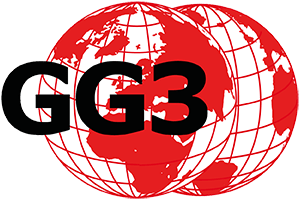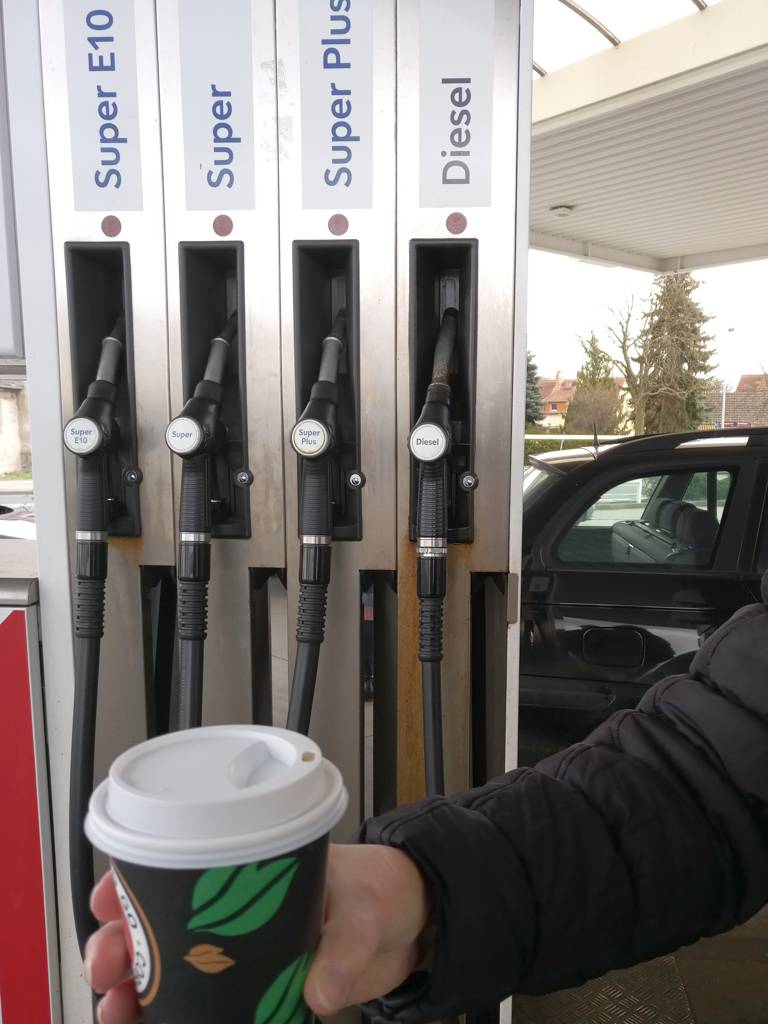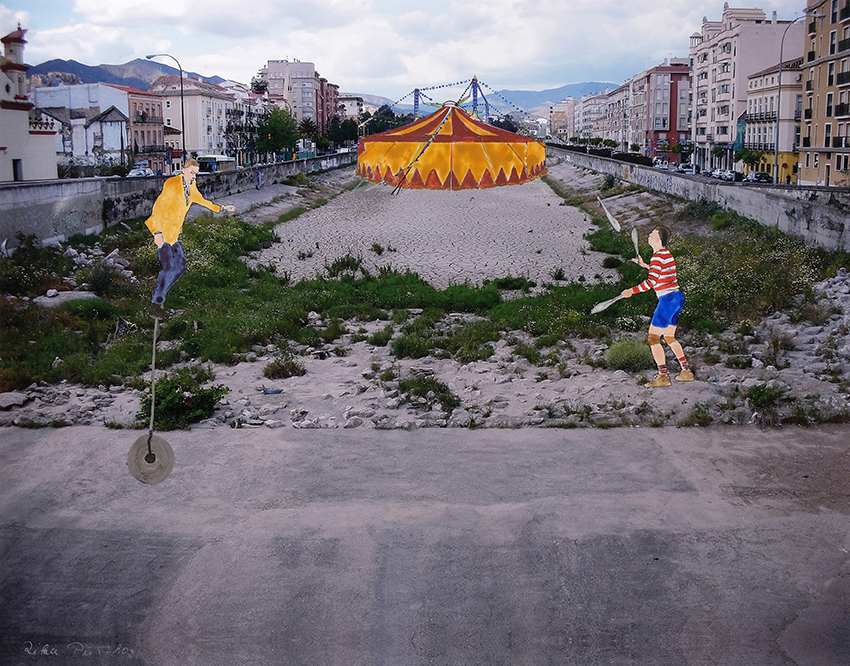Exhibition 15.5. – 19.6.2020
In the meantime, because of Corona, we have successfully put the last exhibition online: ” Homeland: Think globally, act locally”. We show the analogously planned exhibition “Climate change to go” also online:
Click here for the online exhibition
Background
Many people do not feel affected by climate change. They continue to live the way they have been living. Even those who recognize the problem often find it difficult to make sustainable consumption choices in their hectic daily lives or because of societal expectations.
The demand for decadent luxury reinforces immense emissions of climate-damaging greenhouse gases, said economist Nico Paech of the University of Siegen. “It’s cruises, it’s SUVs, it’s air travel, it’s digital electronics, and it’s the demand for even more housing.” This, he said, is pure convenience that cannot be justified as satisfying essential basic needs.(SPON DEC. 1, 2019)
The government fears being voted out of office if it takes major measures. The lobby is putting on the brakes. Some people think you can solve everything with technology on the side. Scientists and committed people warn and demand political and personal changes. The outstanding changes are big. Society needs transformation.
What are the choices driven by comfort, what are their consequences, what are the reasons for our actions, and how can we forge new paths as individuals and as a community?
Participating artists:
Manja Dessel, Lioba von den Driesch, Francesco Gioacchini, Stephan Groß, Rika Pütthoff-Glinka, Julia Schicker, Rosa Schmidt, Mari Terauchi, Martin Zellerhoff
Climate change to go program
Exhibition online
15.5.2020, 7 pm Vernissage
Welcome and introduction to the exhibition by curator Tom Albrecht (Video 6:41 min.)
Video chat of the guests and GG3. For this click the link for Chrome browser from 7 pm here at this point.
Artists meet guests online
on alternating dates, moderated by Tom Albrecht
In each case from 18:00 to max. 18:30. Preparation from 5 pm.
Please from 18.5. in each case to the dates from 5 pm click below on the link with the artist name.
We use the very privacy friendly open source jitsy meet.
Only participants with images and speech will be admitted.
For PC, please use Chrome or Firefox or Safari browsers.
Large screens are an advantage.
For smartphone, tablet must be previously installed the app Jitsy Meet from the store, for Android privacy sensitive from the F-Droid store.
Headset recommended or earphone with microphone
Camera and microphone must be activated.
Martin Zellerhoff 18.5.
Julia Schicker 26.5.
Rosa Schmidt 28.5.
Francesco Gioacchini 29.5.
Mari Terauchi 2.6.
Lioba von den Driesch 4.6.
Manja Dessel 5.6
Stephan Great 15.6
See also: Post a comment and Facebook
12.6., Online video lecture
Christian Löwe, Federal Environment Agency: “Environmental crisis, digitality and art”.

(19:21 min.)
| Born in 1965, holds a degree in forestry from the University of Bremen, and has been a research associate at the Federal Environment Agency since 1993, currently working in the area of “Digitization and Environmental Protection, E-Government”. | |
Central: Work and research focus:
|
|
| Lecture short text
The permanent overstepping of planetary boundaries not only overtaxes the climate and the environment, but also leads economically, socially and culturally into a dead end. More and more people are becoming aware that the prevailing forms of economic activity, consumption patterns and lifestyles in modern societies are already causing the economic and social costs of environmental degradation to rise immeasurably, and will thus severely restrict the scope for a good, successful life for present and, above all, future generations. Germany must set out on the path to a sustainable society. Environmental policy is thus increasingly becoming an extended social and cultural policy. But what does Germany need to achieve a culture for sustainability? And what new impulses can arise from an increased interplay between digitality and art for a cultural dynamization of the socio-ecological transformation? Does this result in starting points for a cultural (political) economic stimulus program that can lead to new forms of aestheticizing innovation as well as social experiments for a digital culture of sustainability? |
|
6/19, 7 pm Finissage
“Post-exhibition reading” via public group video chat with the exhibition artists, guests, and the GG3 team. Please have drinks available for toasting.
Link to the chat is available here from 18:45.
49. exhibition



